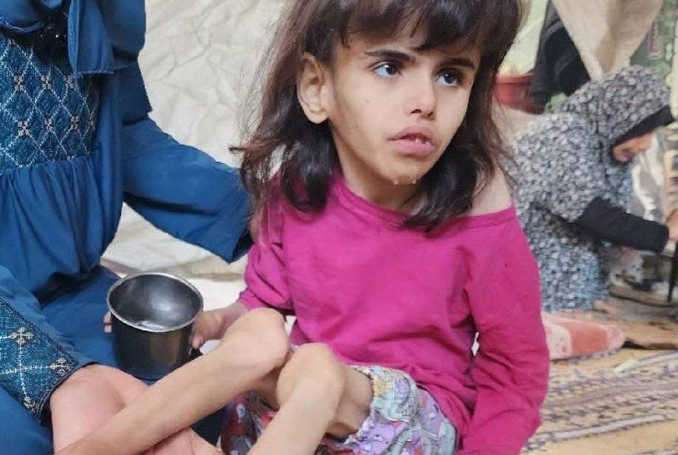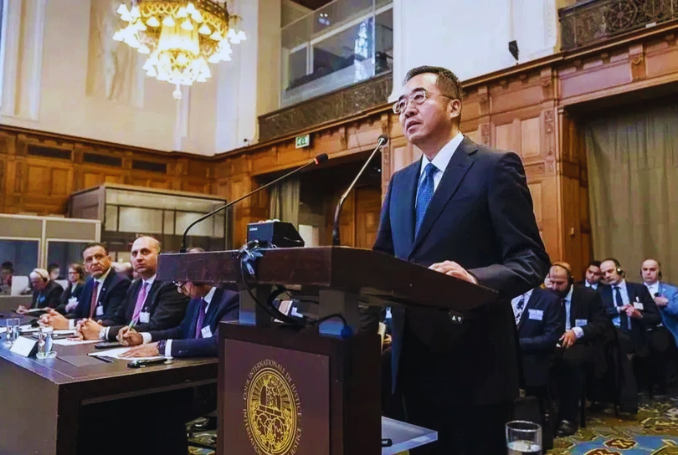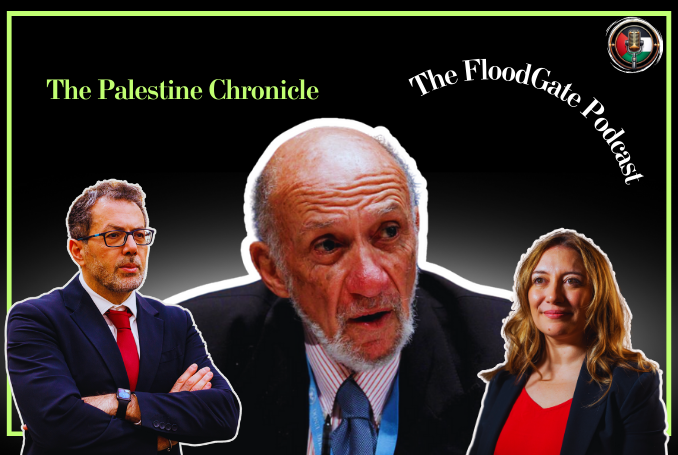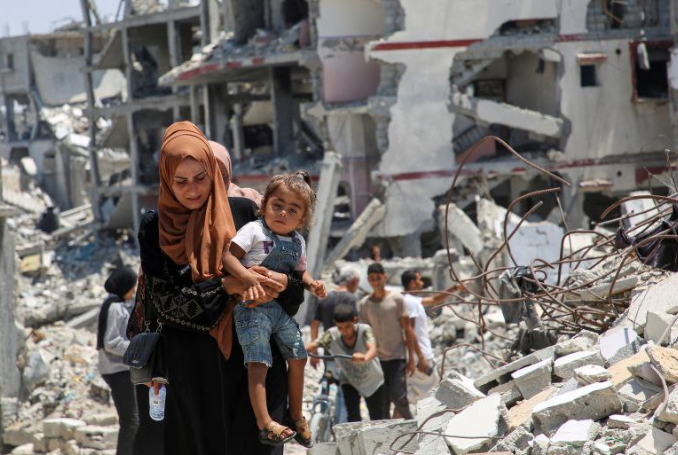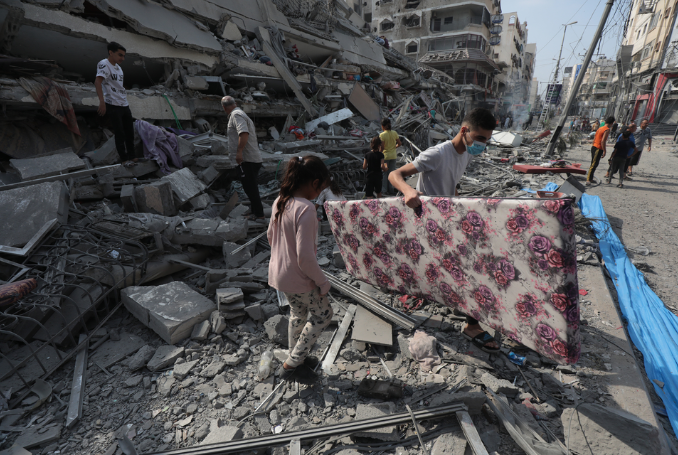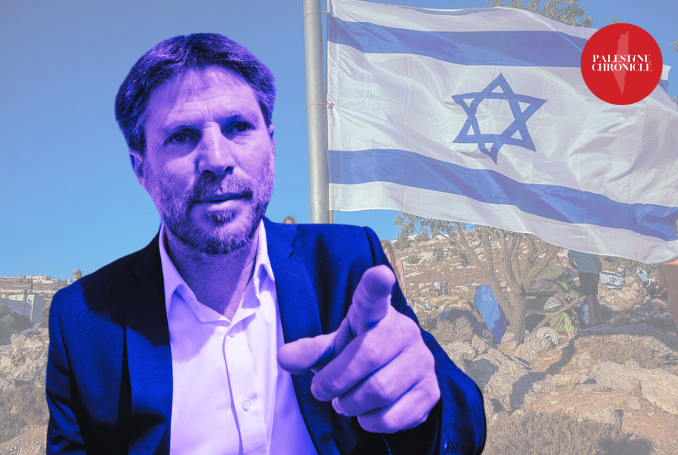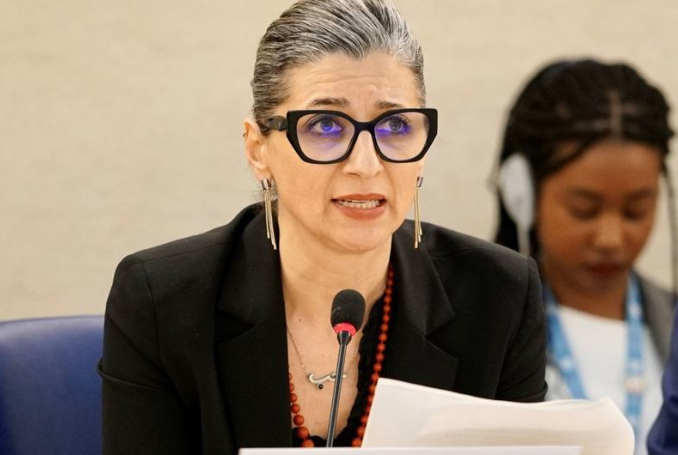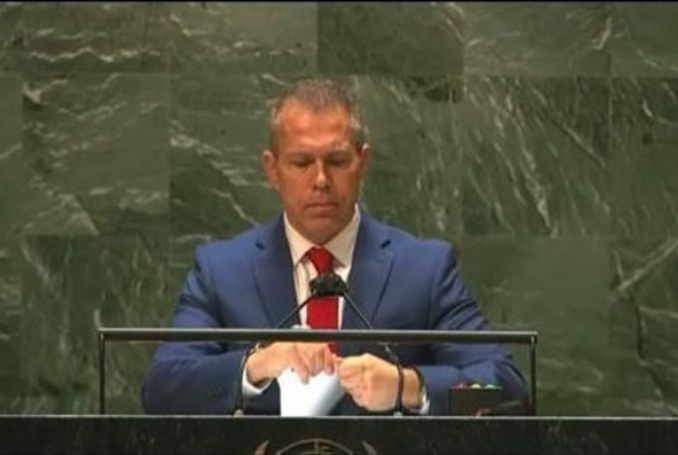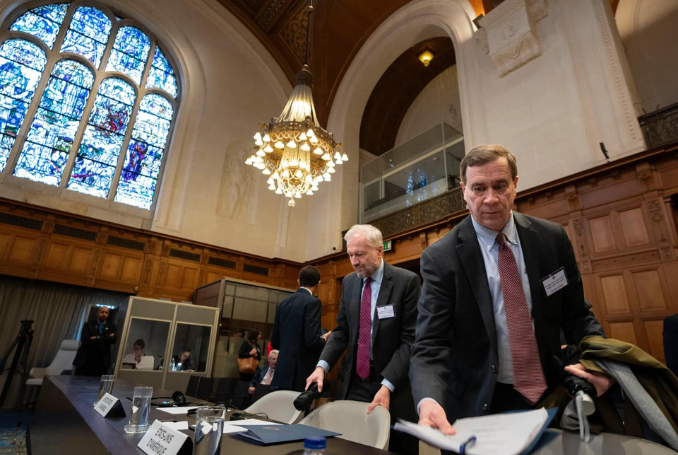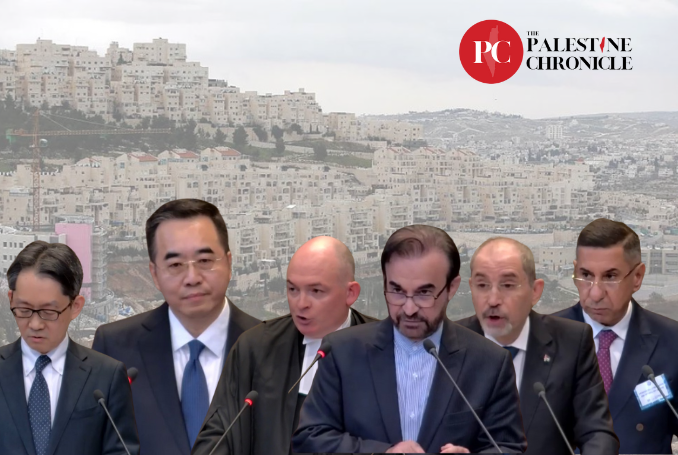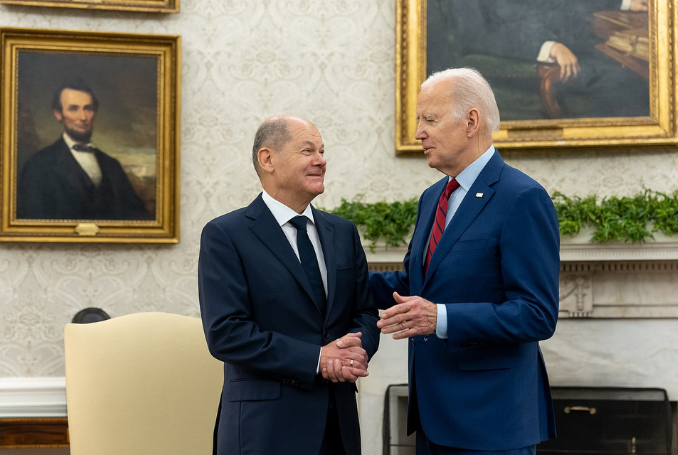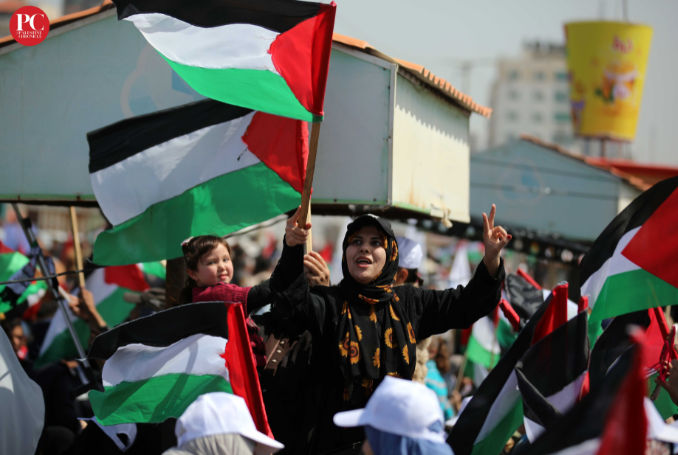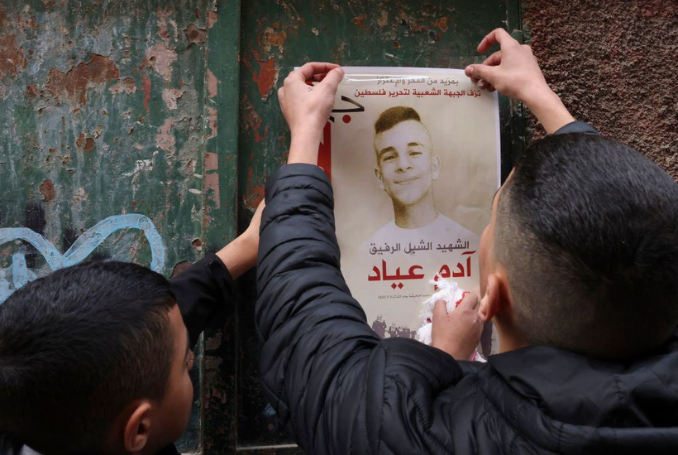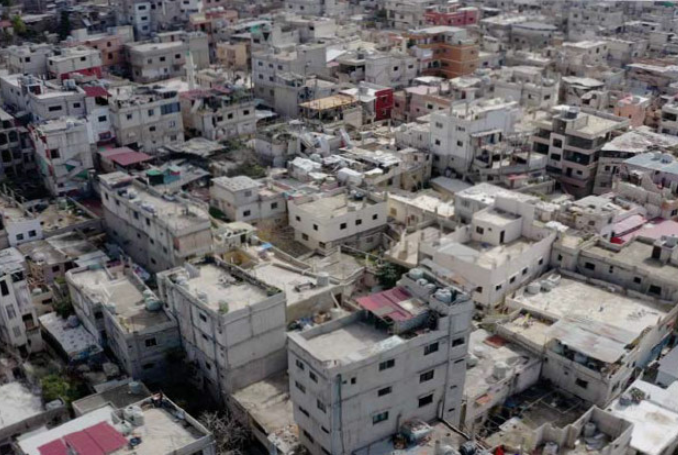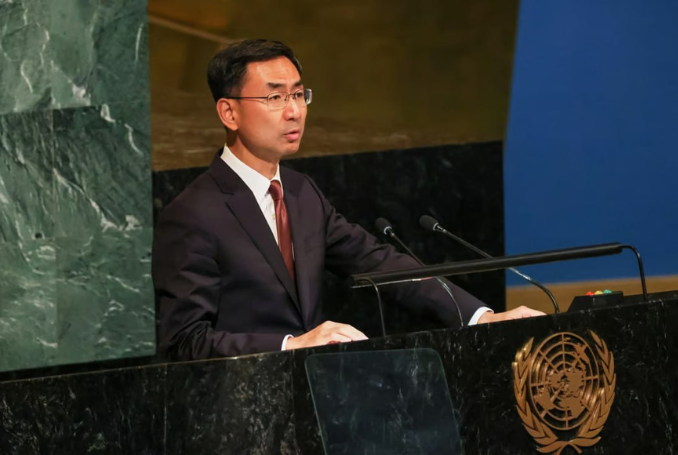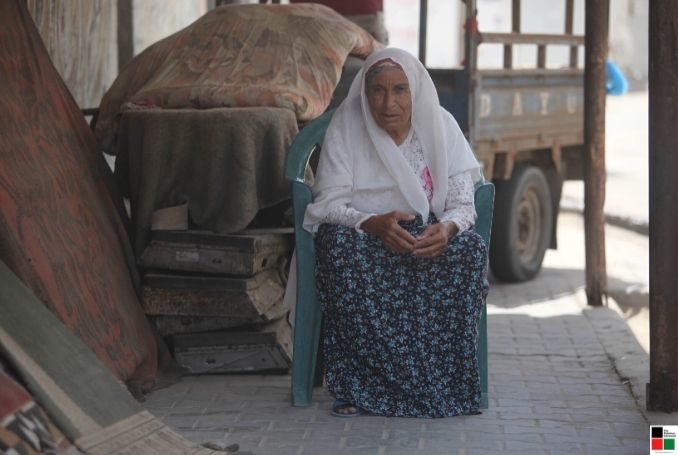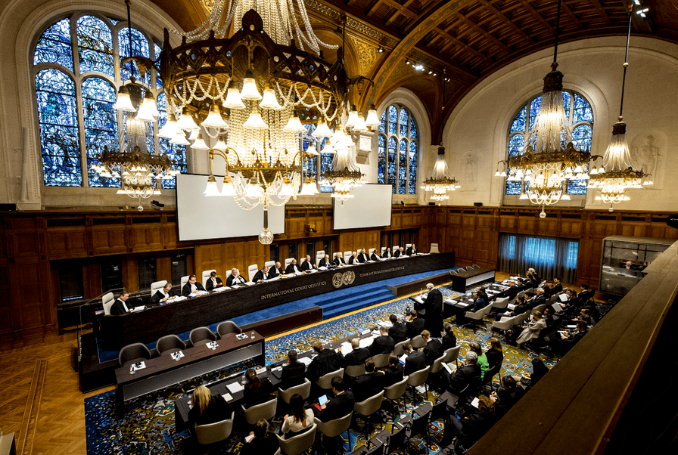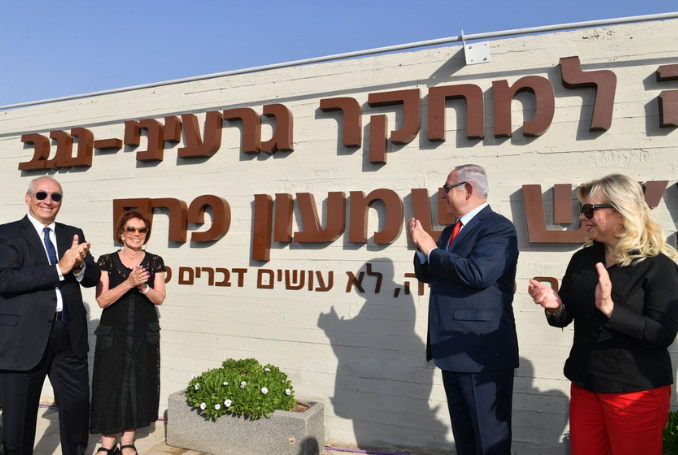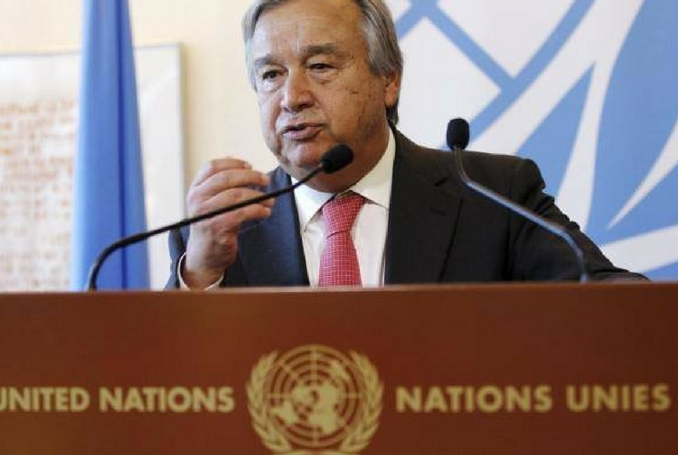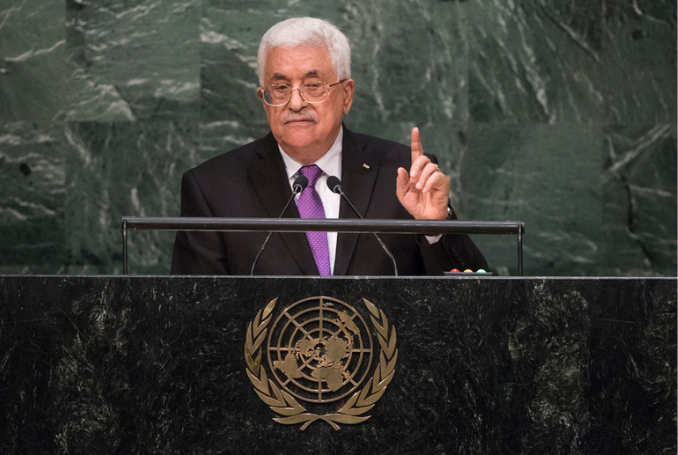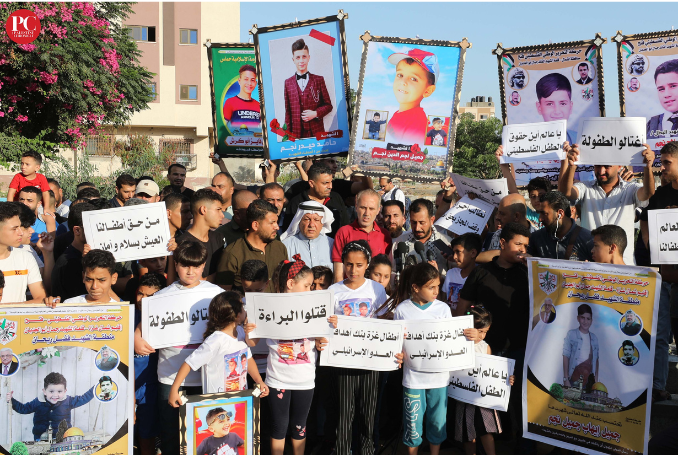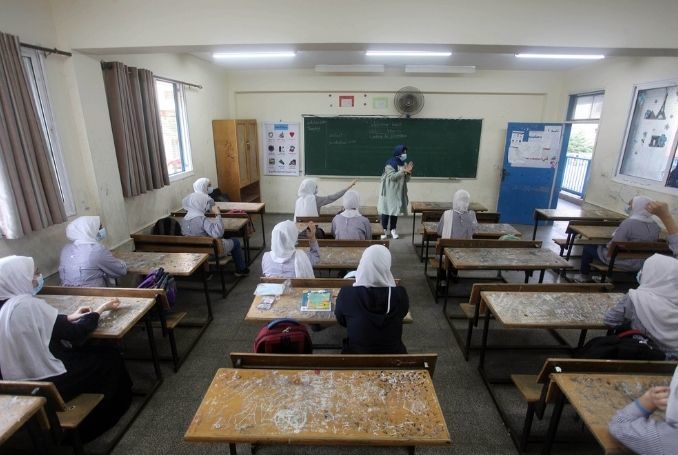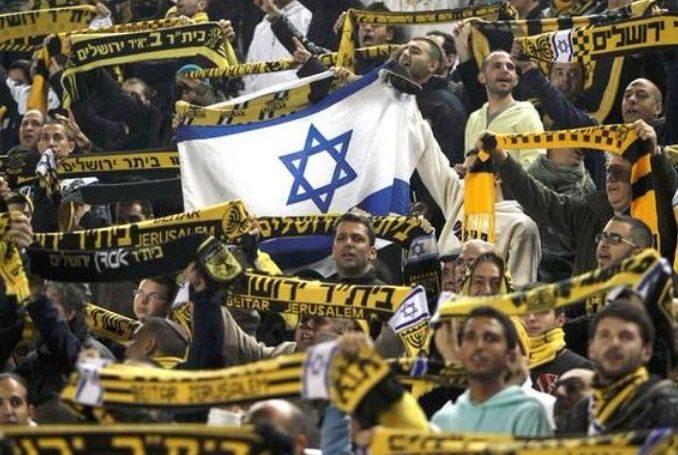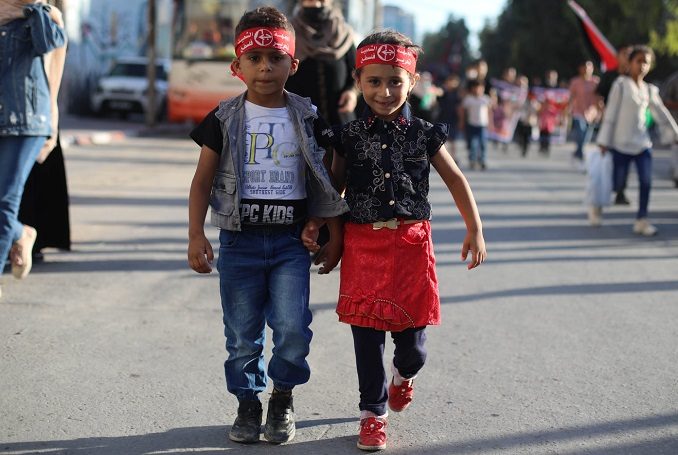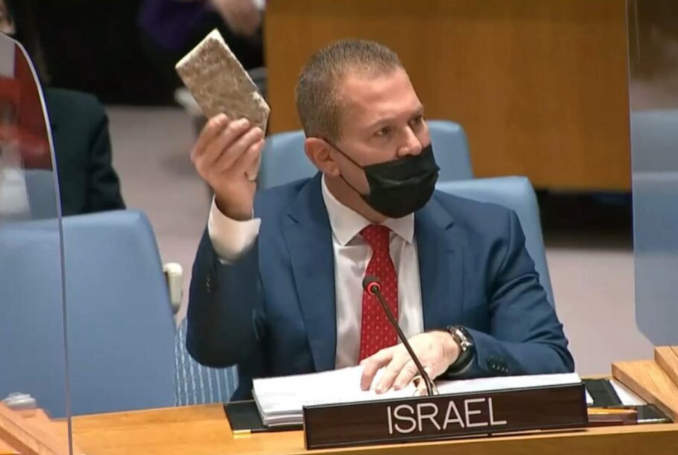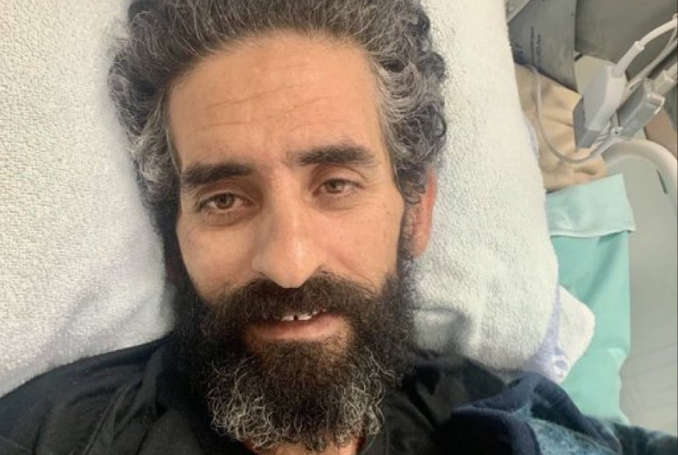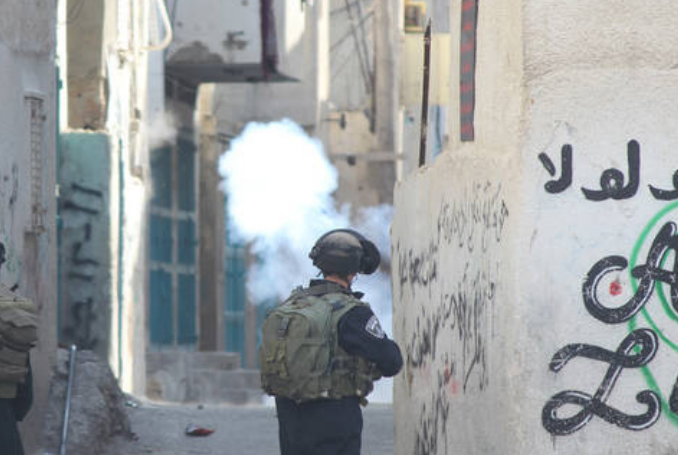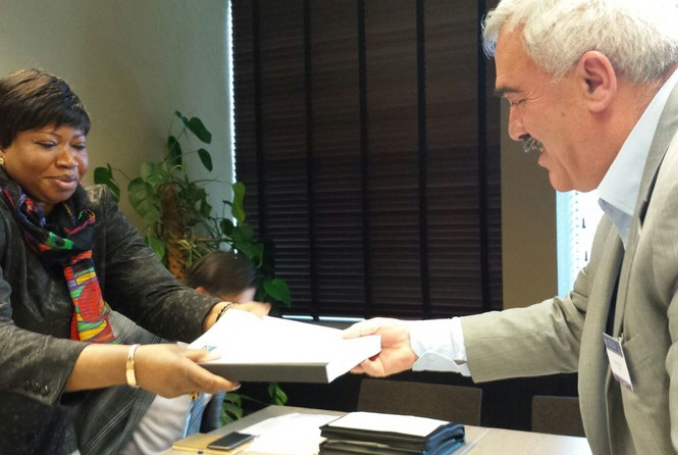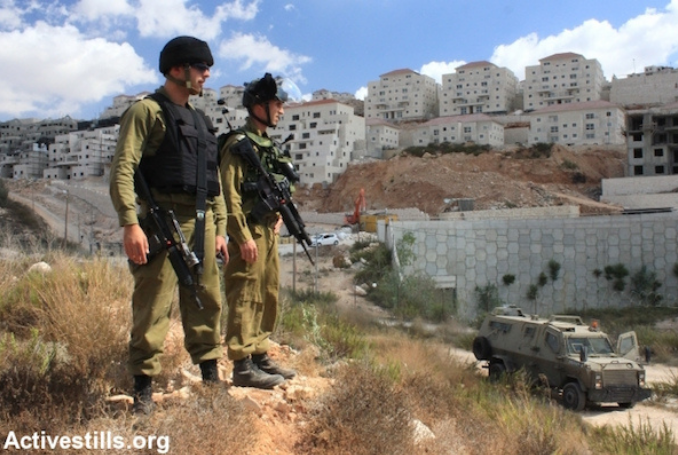- June 3, 2025
The Price of Silence: Gaza’s Famine and the Erosion of Our Humanity
The inability to ensure basic aid to Gaza will profoundly question our shared humanity for years to come.
Breaking the Silence on Palestinian Armed Struggle: A Call for Legal Clarity
We asked Prof. Falk specifically about the Palestinian people’s right to defend themselves, and, specifically, about armed struggle and its consistency (or lack thereof) with international law.
Why Intl. Law Fails Palestinians: Seven Takeaways from FloodGate Interview with Richard Falk
Professor Richard Falk’s insights on international law, the Israeli-Palestinian conflict, and the failure of global institutions provide a compelling analysis in this FloodGate interview with Ramzy Baroud and Romana Rubeo.
International Law at a Crossroads: Can Gaza Spark a Global Reckoning?
There is a silver lining, specifically an opportunity for the international legal and political system to be fixed based on new standards.
Israel Destroyed Gaza ‘for Generations to Come’ and the World Stayed Silent
It is baffling that the very Western countries, which speak tirelessly about environmental protection, preservation, and warning against carbon emissions, are the same entities that helped sustain the war on Gaza.
‘Great Opportunity’ for Permanent War: What if Israel Annexed the West Bank?
Palestinians will certainly resist, as they always do. The nature of the resistance will prove critical in the success or failure of the Israeli scheme.
End of Empathy: Did the Gaza Genocide Render the UN Irrelevant?
The problem is multilayered, complicated by the fact that UN officials and employees do not have the power to alter the very skewed structure of the world’s largest political institution.
Israel vs. International Law – Why Erdan Wants to Destroy the UN
Though for Palestinians, such facts remain devoid of practical meaning, for Israel, the UN position is a major obstacle in the face of its blatant settler colonial project.
To Save Israel: The US is Destroying the International System It Once Constructed
There will be consequences to all of this, and the coming years shall prove that the crisis in international legitimacy, resulting from the abuse of power, will hardly be rectified with superficial changes and reforms.
End of Complicity: Time to Translate Words into Actions in Gaza
Indeed, it is now time to turn words into actions, especially when thousands of children are being killed for no fault of their own but for being born Palestinian.
The Injured Gaza Boy and His Drawing: Do Palestinians Have the Right to Self-Defense?
It is interesting how the colonizers and the colonized continue to build relations and solidarity around the same old principles. The Global South is, again, rising in solidarity with the Palestinians, while the North, with a few exceptions, continues to support Israeli oppression.
Israel Will Not Defeat Gaza: A Lesson from History
The truth is Israel has no military option in Gaza, and those who support whatever military strategy Tel Aviv has in mind, are equally deluding themselves.
The Twisted Israeli Logic of Murdering Palestinian Children, and What Can We Do to Stop It?
The problem for Palestinians is not just that of Israel’s violence, but also the lack of international will to hold Israel accountable.
‘Capital of Shatat’ and Palestinian Agony: The Uncomfortable Truth about Ain Al-Hilweh
On July 30, violence in the extremely crowded Palestinian camp resumed, harvesting the lives of 13 people, and counting. Scores more were injured and thousands have fled.
China and Palestine: No To ‘Piecemeal Crisis Management’
Considering Washington’s unparalleled importance to Israel, on the one hand, and the Arab-Muslim world’s significance to China on the other, the future is easy to foresee.
Erasure vs. Sumud: How the Nakba Came to Define the Collective Palestinian Identity
For Palestinians, the Nakba is not a single date. It is the whole story, the conclusion of which will be written, this time, by the Palestinians themselves.
Time for Action is Now: What Will Happen after the ICJ Delegitimizes Israel’s Occupation of Palestine
The ICJ’s opinion is very important, but without meaningful action, a legal opinion alone will not reverse the sinister reality on the ground in Palestine, especially when this reality is bankrolled, supported and sustained by Washington and Israel’s other western allies.
The ‘Begin Doctrine’: World Must Force Israel to Dismantle Its Nuclear Arsenal
It behooves everyone, Washington included, to join the rest of the world in finally forcing Israel to join the Non-Proliferation Treaty, a first but critical step towards long-delayed accountability.
‘Well of Solutions’ or Problems: Why Reforming the UN is Critical
However, for a reformed UN to serve a noble mission and to live up to its lofty promises, the new power distribution should allocate places for all, regardless of military power or economic might.
Will the United Nations Finally Deliver Justice for Palestine?
Will the UN’s current power paradigm allow it to finally correct this historic ‘misstep’ by providing Palestinians with the long-delayed justice and freedom?
Fake Neutrality: How Western Media Language Misrepresents Palestinians, Shields Israel
While US and western mainstream and corporate media remain biased in favor of Israel, they often behave as if they are a third, neutral party. This is simply not the case.
Rewriting UNRWA: The US-Israeli Plan to Cancel out the Palestinian Right of Return
If Palestinian refugees are removed from the list of political priorities concerning the future of a just peace in Palestine, neither justice nor peace can possibly be attained.
Politics and Sports Do Mix: On FIFA’s Hypocrisy in Palestine and the Need to Isolate Apartheid Israel
It will not take days, as is the case with Russia and Ukraine, but they will eventually succeed in isolating Israel, for, as it turned out, politics and sports do mix after all.
On Palestine’s Everyday Victories: Why Israel is No Longer the Exception
Israel is not the exception, and like other colonial, apartheid regimes, it will eventually collapse, paving the way for a possible future where Palestinian Arabs and Israeli Jews can coexist as equals.
Israel’s Hasbara in Sheikh Jarrah: On Gilad Erdan’s ‘Terrorist’ Rock and Faulty Logic
Neither Erdan nor his bosses in Tel Aviv can reverse this Palestinian-led momentum. His UN display merely reflects the degree of desperation and intellectual bankruptcy of Israel and its representatives.
The Real ‘Doomsday Scenario’: How Palestinian Hunger Striker, Abu Hawash Forced Israeli Concession
It is quite a powerful imagery to think that a dying man, tied to a hospital bed, would force Israel to concede on such a crucial issue as that of the freedom of a Palestinian.
Why is Israel Amending Its Open-Fire Policy: Three Possible Answers
It is true that Israel operates outside the minimum standards of international and humanitarian laws, but it is the responsibility of the international community to protect Palestinians, whose lives remain precious even if Israel disagrees.
Banning of Palestinian NGOs: How Israel Tries to Silence Human Rights Defenders
Though it is ultimately the people who liberate themselves, international solidarity is essential to the process of national liberation. This was the case in South Africa, and will surely be the case in Palestine, as well.
Words without Action: The West’s Role in Israel’s Illegal Settlement Expansion
The truth is that a thousand or a million more statements by western governments will not end the Israeli occupation, or even slow down the pace of Israeli military bulldozers as they uproot Palestinian trees, destroy homes and construct yet more illegal colonies.
Hashtag ‘Untie_Our_Hands’: How Many More Palestinians Must Die for Israel’s ‘Security’?
Considering the disproportionate number of Palestinian casualties which, at times, push Palestinian morgues in Gaza to full capacity, it is inconceivable what Israeli soldiers, army generals, and politicians want exactly when they speak of ‘untying their hands’.


